A Story of man whose unique model help Prosper the villagers.
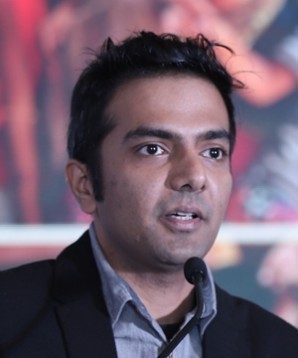
How long can Man trade-off “Natural Resources” for “Economic Development”. The Mother Earth is now forcing us to take notice. One such enlightened Human Mind is Saurav Malhotra, a 32 YO, took serious notice and decided to quit his job in Germany and return to Assam with a determination to contribute to the betterment of the environment.
Saurav's interesting way forward.
He grew up amidst the Beautiful Nature visiting the Kaziranga National Park and Nameri National Park every chance he got with his parents. Whilst he was this kid who saw the Nature at its fullest, he got really deeply saddened when the Effects of climate change took a large chunk of the healthy environment. He did his Major in Biology, as he was growing he understood the relationship between Human and Environment. As he left Germany, he joined and interned in a Non-Profit Organization in the Northeast ‘The Balipara Foundation’. This foundation was dedicated to Conserving and Preserving the Natural Heritage of Eastern Himalayas.
Saurav started a Pilot project with the Balipara Foundation called- The Rural Futures. The name itself leads us to the motive behind this project. This project is allotted in four areas of Assam: Udalguri area in the Assam-Bhutan border belt, Sonai Rupai Wildlife Sanctuary, Balipara Reserve Forest with the Bodo community and Baligaon. Under these four locations, there are about 12 villages which comprise of 4-5 different Ethnic communities Bodo, Mishing, Garo and Nyshi and Adivasi. Communities like them have lost their power because of the lack of respect towards their indigenous cultures, rights and communities.
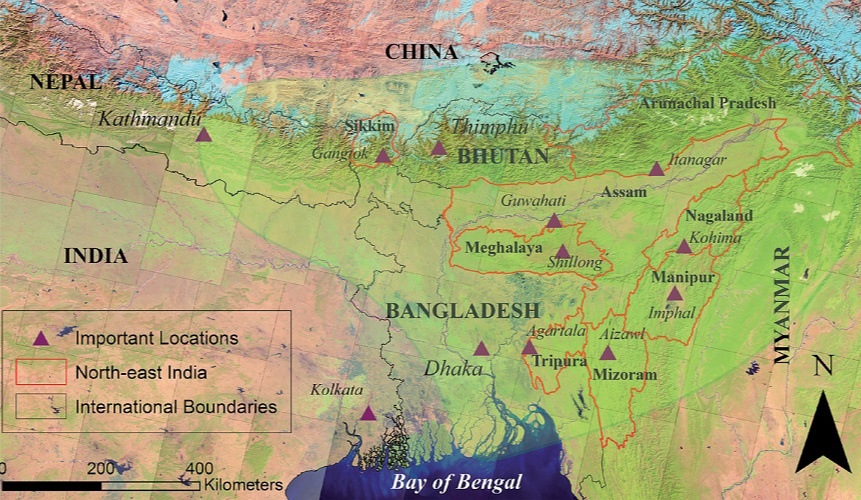
The Rural Futures is based on Naturenomics! As we said before we are trading off our Natural Resources for our development, but the concept of The Rural Futures is letting us have our Natural Resources and our development will also be progressing as before. The trade-off doesn’t exist in this project. This is where Naturenomics comes into the picture. Naturenomics relates to the capital formation which is generated through ecologically compliant assets in a sustainable manner. Naturenomics based economy generates remuneration from land, energy, waste, water, air and carbon. This ideology makes it possible for us to build our economy on our natural assets, which is the first step to building a sustainable economy.
While Saurav started interning he understood few critical facets of forest conservation as deforestation had rapidly increased. Firstly the centrality of humans, mainly the communities who live near the fringes or in the forest are also a part of the preservation. He understood that these communities also needed to be preserved along with forest conservation. And he also got clarity that these communities were not the reasons for the Deforestation happening there. But they were paying the price for the wrong deeds done by Industries, Government and insurgency movements, which depended on Timber for Money. To come out of this Quagmire that these communities are facing is Reforestation and allied Agroforestry activities, which will provide them with livelihood, remuneration and long term sustenance.
How did The Rural Futures Project Evolve?
The Balipara Foundation before any project commences, makes ground research using the help of the local non-profit organizations and a team of scientists from regional universities to check the viability and they would document the local knowledge of the forest, trees to verify. These scientists are part of the Balipara Foundation with partner NGOs like Ashoka Trust for Research in Ecology and Environment, global organizations like IUCN and local partners like MASK, an Assam-based non-profit, Tezpur University and Guwahati University.
Usage of Funds generated for the Project through donors
Another important thing is the foundation would submit the Model of the project to Donors like HT Parekh Foundation of the HDFC Bank, Tata Trust and Axis Bank Foundation. They receive seed funding from these donors. The funds required for a year is about 1.5-2 crore. Because the population of these villages are from 30 - 300 households. About 70% of the funds are directly given as daily wages to the people of communities who collect seeds and plant trees and this helps them create immediate jobs. The daily wage is Rs.250 and this would be given until the total duration of the project.
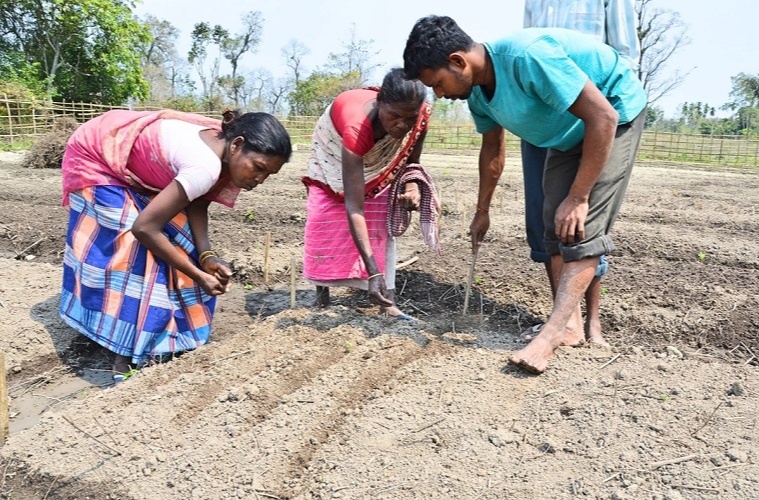
The duration might even last for 5-6 years. With this fund per year, they can plant up to 2-3 lakh trees per year depending on the area. Also, money from donor agencies is spent on local youth who are trained, skilled or employed in taking photographs, establishing GPS coordinates and documenting indigenous knowledge used to grow trees or medicinal plants. Once they are skilled, their wages increase, and many of them are actually on the Balipara Foundation payroll and carry out other activities in different villages like awareness camps about these initiatives.
Agroforestry
The communities are also encouraged to grow Homestead Agroforestry plots in the vicinity of their houses. They grew bamboo, papaya, mushroom, moringa, chilli, lemon, tea and medicinal plants.
In a village called Baligaon, Miri inhabited by the Mishing tribe of Assam, people came together to create homestead gardens and agroforestry patches across river islands that belong to the community.
There are about 100 households in Baligaon that already have a growing agroforestry programme. This is just land that was lying fallow behind their house, where they grow mushrooms, potatoes and chillies in the summer. This land now grows five crops all around the year, and their income has jumped from Rs.1 lakh a year to about Rs.4.5 lakh. The community youth group is managing this money, they look into the needs and wants of the community and spend that money as responsibly as they could.
They not only started rewilding agroforest but they also created space for the elephants which are there and harvest spaces for the humans for the agroforestry.
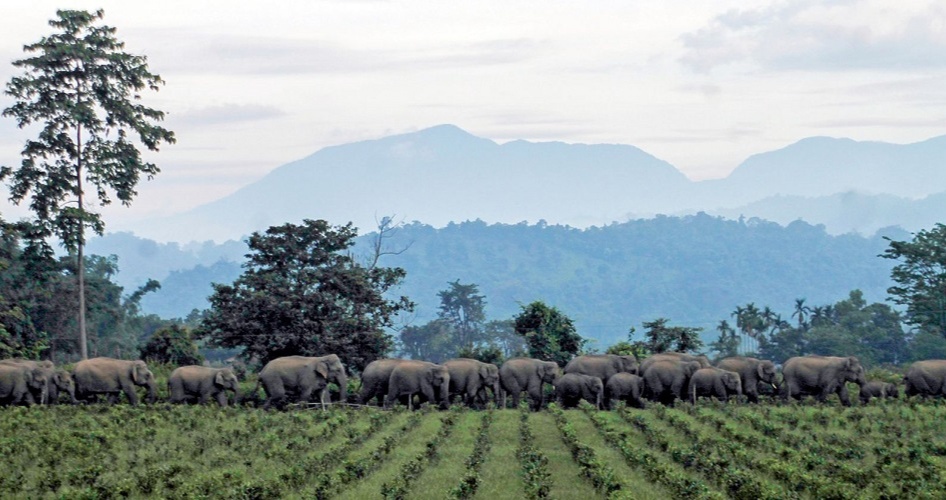
Women Empowerment
The women in the villages have formed a Handloom cluster through the revenue generated from the Homestead garden. Their cluster is now producing garments like shawls and sarees made of Muga (golden thread) silk found in Assam.
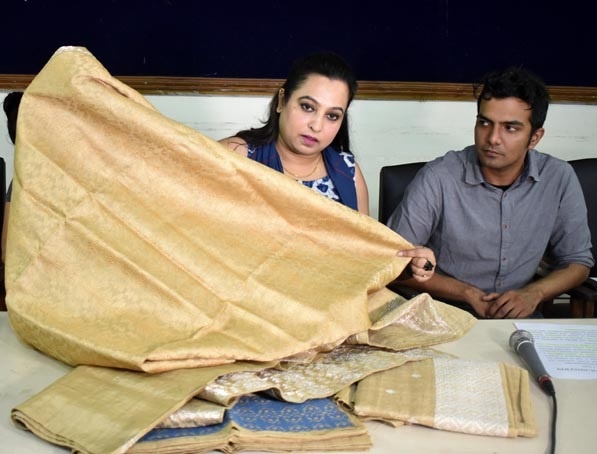
Half of their products are made of Muga, while the other 30 per cent is local handloom cotton clothing items. Both silk and cotton are harvested and processed locally using domestic looms, and they use organic dyes made of turmeric, tea leaves or onions. It’s a zero chemical process and the products as of now are apparel based products. For the time being, however, COVID-19 has brought a halt to their sales across states and countries. Saurav along with the Foundation launched the brand “ELEPHANT COUNTRY’’. They marketed their products across the country through this brand in online portals. These women also went to the Trade show in Delhi which happened last year, to sell their products. They have been selling their products including foodstuff very resiliently in the local markets of Assam. Covid has not stopped them from earning their revenue, they are much resiliently selling their goods in their local markets.
Results of the Rural Futures Project
In the past 4 years through Saurav’s project, the community people from all the four geographic locations Assam: Udalguri area in the Assam-Bhutan border belt, Sonai Rupai Wildlife Sanctuary, Balipara Reserve Forest with the Bodo community and Baligaon have reforested over 2000 hectares of land and have managed to plant over 2.1 million trees across the four locations. They even started with the Eco-tourism, this change is the major result of the project.
In these 4 years, they’ve made a massive impact on 4,500 people directly, 30,000 people indirectly as the households are dependent on those 4,500 people. Across these communities, the immediate impact is the cash that they are earned via the process of collecting seeds and planting trees.
The whole point of this project is not for the likes of Saurav or the Balipara Foundation to decide what people need, but give agency to these communities. Their role is to guide them through a process whereby they earn in an eco-friendly manner which also adds to the local biodiversity. Decisions regarding these measures are taken entirely by these communities. The revenue earned from this is used to renovate the schools in the 4 villages and they are completely independent of the government for such basic needs.
“Communities become guardians of their natural capital. This natural capital is the money they earn from bamboo, soft timber, fruits, medicinal plants and if planned well what this can bring in a lot of income. Individual households can earn as much as Rs 10 lakh from a hectare in a year. The whole idea is to bring power back to communities. They have a lot of knowledge, but for the last 40 years because of our lack of respect of indigenous cultures, rights and communities, we have taken that power away from them” says Saurav.
The funding model is itself is designed in a way, shows the improvement in the lives of the communities. From year 3 and 4 onwards people will generate revenue from their agroforestry patches on community land, joint harvesting from forest land or their homestead garden.
The revenue model works on a positive feedback loop such that from year three onwards people acquire revenue from what they did in year 1. They think that by year 10, people will not only have enough money to build a school for themselves but have more than enough reserves of cash to carry out reforestation work of their own. This is the True victory when Great minds like Saurav thinks and initiates the Model of not trading off our Natural resources for our development.
If you Like to contribute to this Page, Please Drop us a Mail.
hello@bookofachievers.com

















